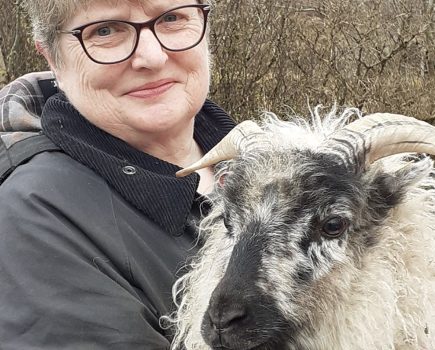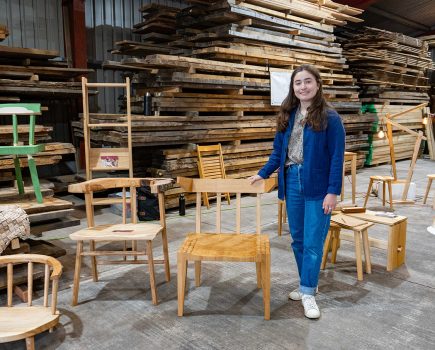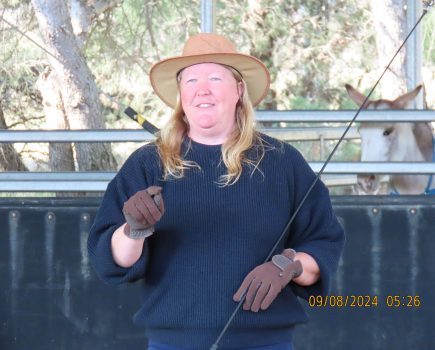New General Licences published today for the control of certain birds for conservation, public health & safety, and to prevent serious damage to crops & livestock
BASC has recently published a press release advising its members that Defra has today (9th November) published three new general licences for the shooting and trapping of certain birds in England. The licneces come into effect on January 1 2021 and relate to the control of certain birds such as crows and wood pigeon for the purposes of public health, conservation and to prevent damage to crops and livestock.
The new general licences allow for control on protected areas and Defra has advised that they will publish further information on this before the licences come into effect.
BASC stated: “All the birds within the current licences remain in at least one or more of the new general licences. It will be essential that users comply fully with the terms and conditions and that the licence is applicable to the circumstances within which they are shooting. The new general licences are the result of an 18-month Defra led process, which BASC fed into, and a review of the scientific evidence.”
Glynn Evans, BASC head of game and gundogs, said: “On first analysis, it’s clear that Defra has tried to produce general licences that are watertight and will bear the scrutiny of a legal challenge. However, the terms and conditions are more complex than the current versions they replace and where necessary BASC will continue to make representation to Defra and produce guidance and advice to help people interpret them.”
The new licences are as follows (the details of two conditions, trapping and protected sites) will follow and be reflected in the final versions published later in the year:
Conservation general licence GL40
Public health and safety general licence GL41
Serious damage general licence GL42
NGO response to the licences
On the positive:
* The licences will still be issued by the Secretary of State for the Environment, not Natural England, something demanded by the NGO in over a year of active lobbying. The language in the new licences is also clearer and they are probably legally more robust.
* Importantly, Defra has also resisted calls from extremist bird groups to stop nearly all bird control under general licensing.
But on the downside:
* The licences are still very long (11 pages each, 2,800 words, with more sections yet to come).
* Rook and jackdaw have come off the conservation licence (GL40), despite 50% of moorland keepers surveyed this spring having seen both species taking wild birds’ eggs – findings which the NGO sent to the Secretary of State in July.
* For Crow and Magpie, control in relation to conservation is limited to helping red and amber listed birds of conservation concern. That means you cannot use GL40 to assist pheasants and redleg partridge to breed in the wild, requiring all wild bird keepers to apply to Natural England (NE) for individual licences. The increased workload for NE implied by this is a huge concern to the NGO, given NE’s abject failure to cope with applications earlier this year.
* For Jays, control is additionally limited to endangered woodland birds, preventing control to assist declining wild grey partridge, which are commonly predated by jays on lowland farms.
Odd consequences and some very silly advice:
* You can control jackdaws under GL42 to prevent the spread of animal diseases but you cannot control them, in England, under GL41 to stop the spread of human disease.
* In the advice section of GL42 it is recognised that birds can become habituated to bird scarers but the licence says ‘that is not a reason to stop using them.’
* And farmers and others are advised to plant single large woods, rather than many smaller ones, ‘to reduce the density of woodpigeon nests’ so the birds do not have to be controlled.
A big concern is the way that these licences have been introduced. A spokesman for the NGO said: “This is the first time ever that Defra has made substantial changes to the General Licences without a proper public consultation on their intentions. We and the other shooting organisations were long ago promised draft licences in advance of publication. They never came. We only knew of these changes today when the licences were published.”
Although Defra regards its new licences as final, the NGO will be speaking with top Defra officials later today and working with politicians to call on the Secretary of State for improvements and corrections.
Image(s) provided by:
Getty Images/iStockphoto







